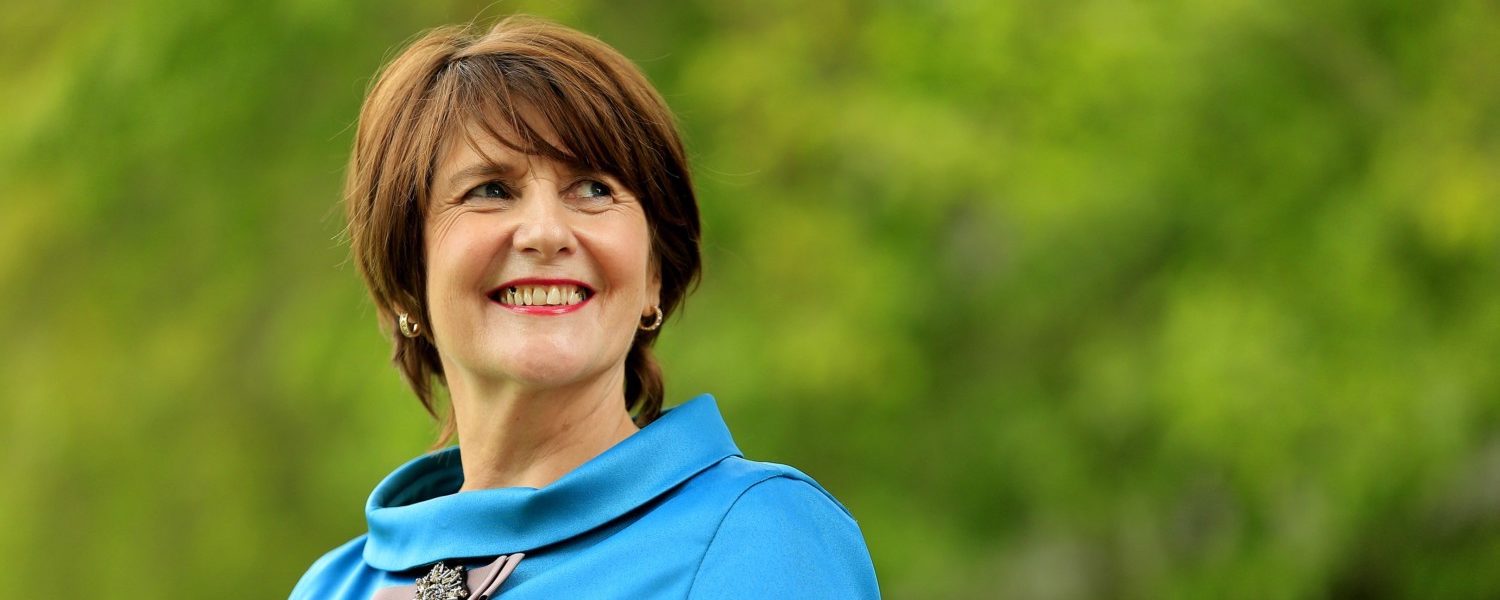 Insight
Insight


Living a participative life within the community and being able to complete daily activities — for people with Intellectual Disabilities (ID), this can mean a huge step for improving their sense of freedom, accomplishment, dignity and choice.
But when it comes to independent travel, the biggest struggle for family members and caregivers is usually letting go and having confidence that their loved one is ready for more responsibility.
“We need to better prepare both society and the technology to help people with ID navigate the community, and we need to be creative with the solutions that we are developing for this”, said Professor Mary McCarron, Dean of the Faculty of Health Sciences, and Chair of Ageing and Intellectual Disability at Trinity College Dublin.
One way of addressing this issue is providing turn-by-turn directions based on real-time location: with a smartphone or smartwatch, the individual with ID can go to new places on their own through routes pre-programmed by the carer, who can then monitor and live-track the user’s location.
“Solutions like this are a great balance between the rights of the adult with ID and the comfort of the caregivers, bringing confidence that the family member is safe and that someone is always a push in a button away if they require any assistance”, said McCarron.
According to the Professor, it’s possible to measure how apps like this can positively affect the quality of life of people with ID by comparing changes in community participation and involvement, quality of friendships and sense of belonging overtime.
Originally posted here